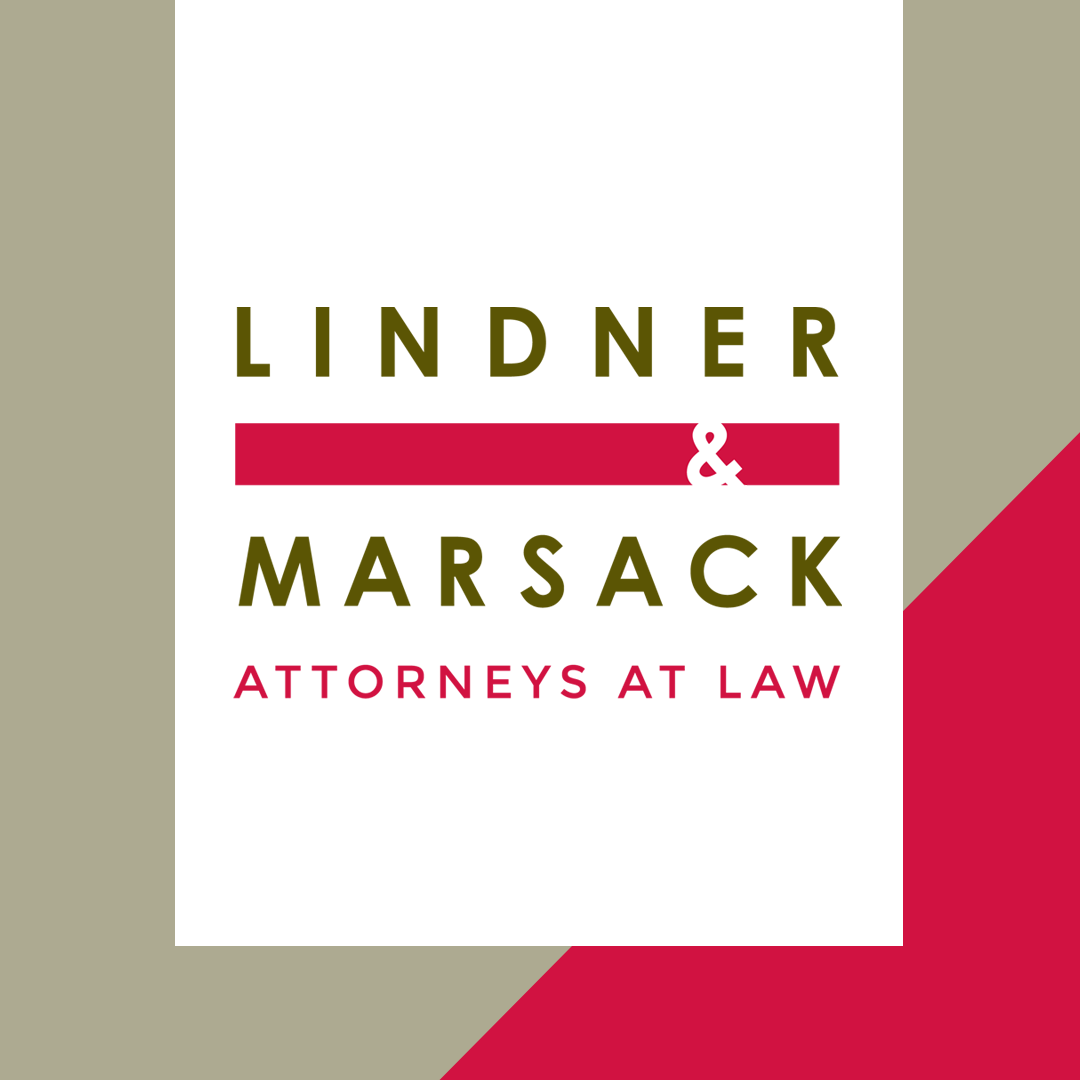By: Sally A. Piefer Last week, the Illinois Governor signed legislation which amends three Illinois laws which will impact employers with operations in Illinois. Criminal Conviction Information As of March 23, 2021, employers in Illinois may not use a criminal conviction (felony, misdemeanor, probation, or imprisonment) as a basis for making employment decisions—unless (1) there […]

